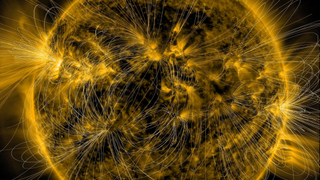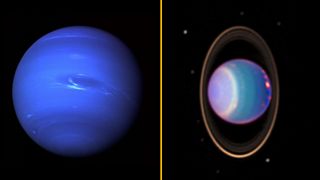Astronomy news, features and articles
Explore Astronomy
Latest about Astronomy
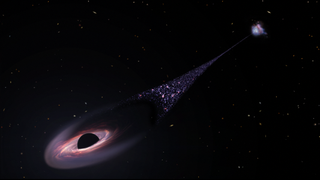
James Webb telescope confirms a supermassive black hole running away from its host galaxy at 2 million mph, researchers say
By Elizabeth Howell published
JWST peered at the glowing trail of stars left behind by a candidate runaway supermassive black hole deep in space, revealing new insights after other telescopes looked at the event.
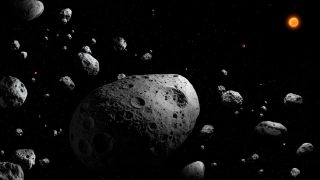
Vera C. Rubin Observatory discovers enormous, record-breaking asteroid in first 7 nights of observations
By Elizabeth Howell published
In its preliminary data release, taken from just seven nights of observations, the powerful Vera C. Rubin Observatory has discovered an enormous, fast-spinning asteroid that sets a new record.
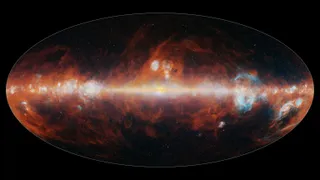
NASA telescope combines 100 maps of the universe into one, promising huge discoveries
By Sharmila Kuthunur published
NASA's SPHEREx telescope unveiled its first full-sky map of the universe, combining more than 100 infrared observations into one dazzling mosaic.
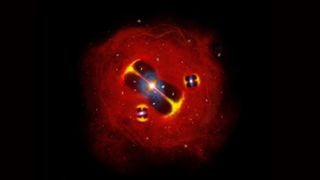
'How can all of this be happening?': Scientists spot massive group of ancient galaxies so hot they shouldn't exist
By Skyler Ware published
An inexplicably hot, fast-growing cluster of galaxies in the early universe has scientists questioning theories of galactic evolution.
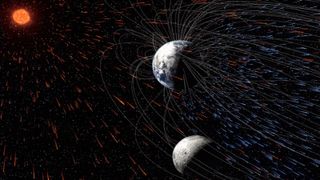
The moon has been secretly feasting on Earth's atmosphere for billions of years
By Harry Baker published
A new study reveals that tiny fragments of Earth's atmosphere are transported to and absorbed by the moon via gusts of solar wind and our planet's magnetic field, upending a 20-year-old theory based on NASA's Apollo lunar samples.
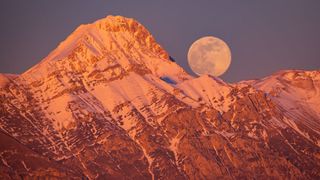
'Wolf Supermoon' gallery: See the first full moon of 2026 in pictures from across the world
By Sascha Pare published
The first full moon of 2026 shone brightly Saturday (Jan. 3). Known as the Wolf Moon, it appeared more luminous and larger than usual, rising together with Jupiter.
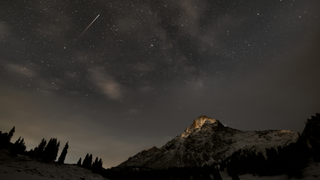
Quadrantid meteor shower peaks this week: How to see the first 'shooting' stars of the year
By Jamie Carter published
The Quadrantids will be harder to see than usual due to the bright full moon. Here's how to get the best views.
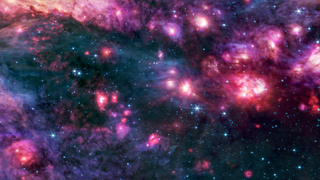
James Webb telescope spies a monstrous molecular cloud shrouded in mystery — Space photo of the week
By Shreejaya Karantha published
In this James Webb telescope image, the gigantic molecular cloud near our galaxy's center appears as a canvas of pink and purple clouds set against a shadowy backdrop.
Get the world’s most fascinating discoveries delivered straight to your inbox.
 Live Science Plus
Live Science Plus





